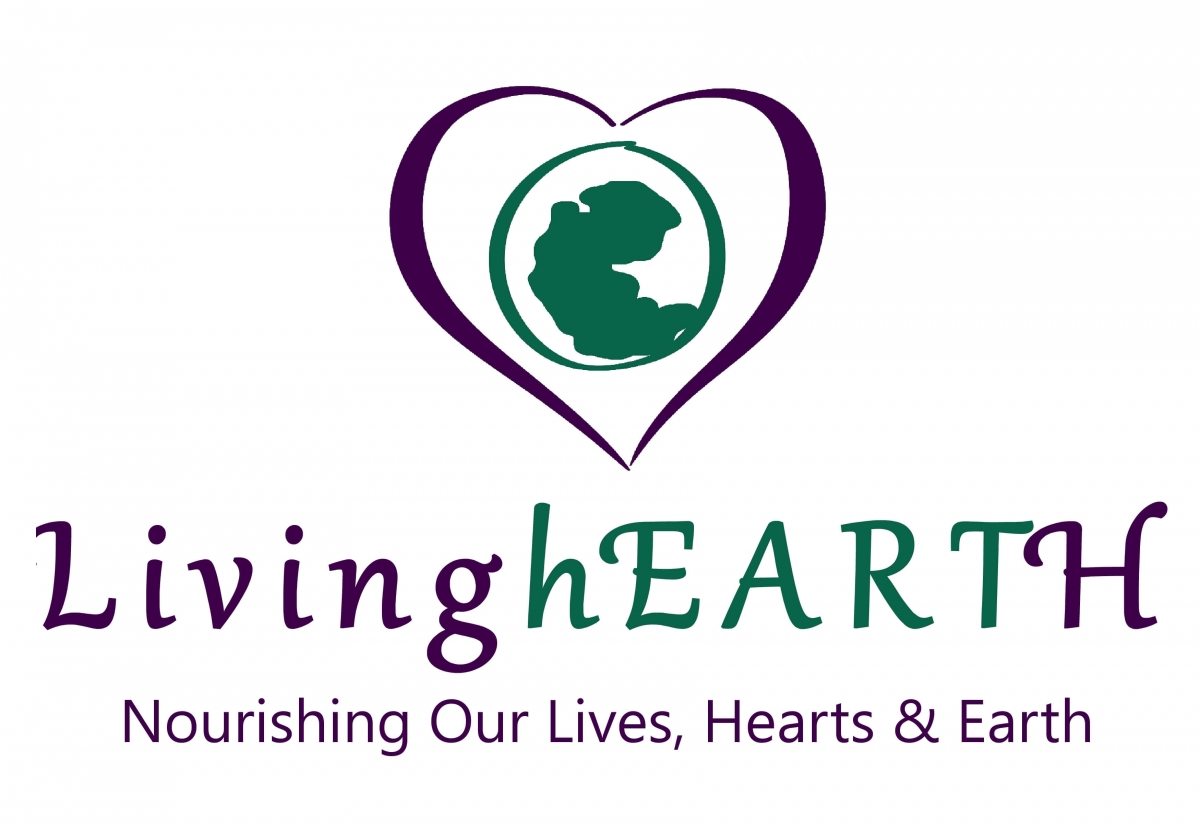When I hear about "the bad economy", I find it easy to fall down the slippery slope of fear into scarcity mode. I would describe both scarcity and abundance as self-reinforcing loops - the more we sow, the more we reap, and the more we have new seeds to sow again more of the same. Gladly, I've been reminded recently that abundance can be found and cultivated, even in hard times.
In Perth, Ontario, we've been thoroughly enjoying the beginning of summer, which has brought with it, among other things, the opening of our farmers' market and lots of fresh locally-grown food. I find that something to celebrate! For a few weeks now, I've been doing barter with a farmer friend, helping out at their market stall and on their farm in exchange for organic veggies.
Last week, I harvested greens for about half an hour and had enough to feed us for a few days. Some plants, such as lettuce and spinach, which prefer the cooler weather, were starting to make seeds - meaning that the leaves were less tender and not as tasty, according to some. These greens were a surplus and less "sellable" product, which I was very happy to eat and save from being turned into compost! I think this is a great example of how in nature, the output (what humans tend to think of as "waste") from one living thing becomes food for another. By cultivating a friendship with this farmer, we get to take some of his surplus veggies and he gets some extra help with his work. I find it such a delight to get food this way - to know that I am helping out while being nourished at the same time. Like the founders of modern barter systems know, most communities have people who want to work and there is work that needs to be done - often, there simply isn't enough money in circulation to get the ball rolling. Barter is a great way to get the ball rolling.
Imagine if hungry people were connected with food that would otherwise go to waste. An idealistic notion? In some places, people collect surplus, "slightly imperfect" food from farmers' markets, farms, grocery stores and restaurants. One group, Food Not Bombs, prepares and serves meals with this surplus food in parks to anyone who wants to eat. At a cooperative grocery store in Portland, Oregon (in the photo above), I was enthralled by their free food bin, in which they kept food that was beyond sellable and to which anyone could help her/himself. Every few days, Food Not Bombs came to pick up whatever was in the bin. There was hardly any wasted food.
If we can think of sharing surplus and putting our energy towards creative solutions, so much is possible... What can you do with your surplus time, money, knowledge, energy and other resources to bring more benefit to yourself, your loved ones and community?


Add new comment